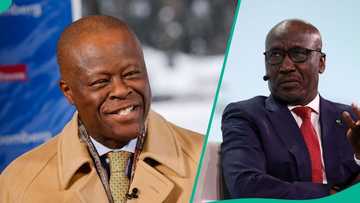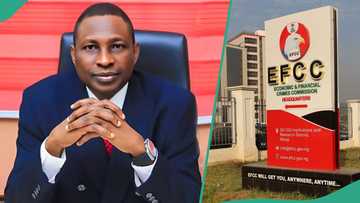Investors Jubilate as Nigeria Talks With JP Morgan to Re-Enter Government Bond Index
- Nigeria and JP Morgan are in advanced negotiations to restore market confidence and reenter the Government Bond Index
- The head of the DMO explained that rating agencies recently gave Nigeria a favourable credit evaluation due to CBN reforms
- The head of the DMO explained that rating agencies recently gave Nigeria a favourable credit review as a result of the CBN's substantial reforms
Legit.ng journalist Zainab Iwayemi has 5-year-experience covering the Economy, Technology, and Capital Market.
Nigeria is in advanced talks with JP Morgan to re-enter the Government Bond Index (GBI) and regain investors' trust, according to the Director-General of the Debt Management Office (DMO) on Wednesday, April 23rd.
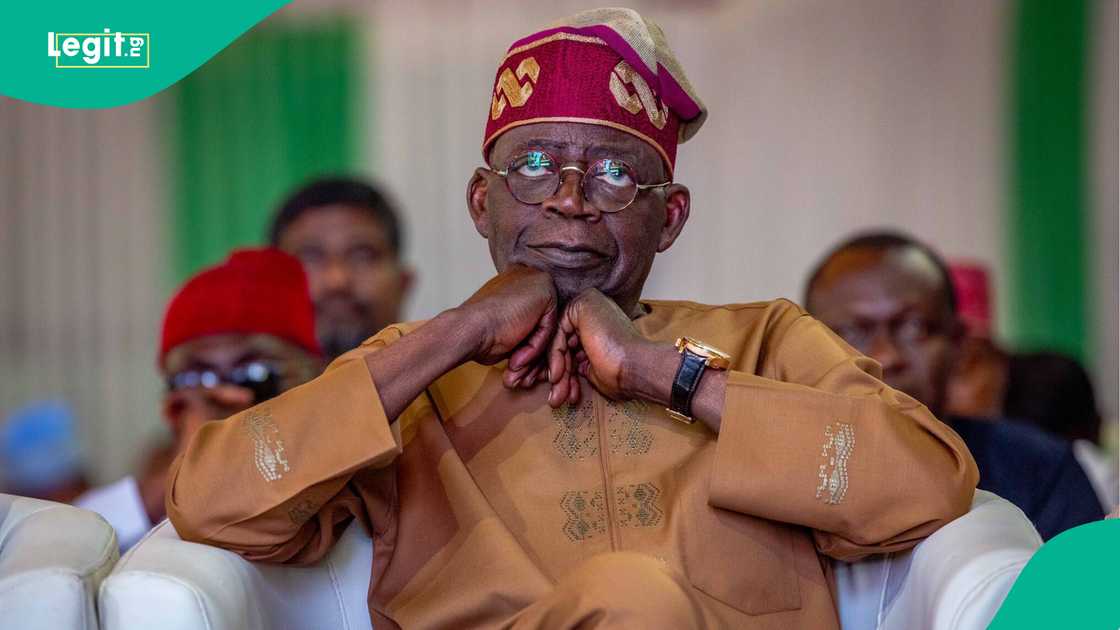
Source: Getty Images
On the fringes of the World Bank and International Monetary Fund (IMF) Spring Meetings in Washington, D.C., Ms. Oniha disclosed this information at a Nigerian Investors' Forum, Premium Times reported.
The head of the DMO clarified that the Central Bank of Nigeria's (CBN) extensive reforms have resulted in Nigeria's recent favourable credit evaluation by rating agencies.
The outlooks are stable, according to Fitch Ratings, which recently raised the Long-Term Issuer Default Ratings (IDRs) of seven Nigerian banks and two bank holding companies from "B-" to "B."
Guaranty Trust Bank Limited (GTB), Guaranty Trust Holding Company Plc (GTCO), Access Bank Plc, Zenith Bank Plc, United Bank for Africa Plc (UBA), First HoldCo Plc (FHC), First Bank of Nigeria Ltd (FBN), Fidelity Bank PLC, and Bank of Industry Limited (BOI) are the issuers that are impacted.
According to the rating agency, Fitch believes that Nigeria's sovereign credit profile no longer significantly limits the issuers' standalone creditworthiness, which is why the banks' Long-Term IDR upgrades came after the recent sovereign upgrade.
The government's broad commitment to policy reforms since switching to orthodox economic policies in June 2023, such as tightening monetary policy, liberalizing the exchange rate, and taking action to eliminate fuel subsidies and deficit monetization, was reflected in Fitch's upgrade of Nigeria's Long-Term IDRs from "B-" to "B" on April 11.
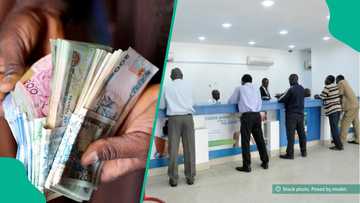
Read also
“This increase is alarming": Shareholders of Access, GTCO, other banks question N393bn levy to AMCON
“These have improved policy coherence and credibility and reduced economic distortions and near-term risks to macroeconomic stability, enhancing resilience in the context of persistent domestic challenges and heightened external risks,” Fitch said.
Nigeria's departure from conventional monetary policy and the impact of capital control on its foreign exchange management were the main reasons for its exclusion from the JP Morgan index in 2015.
Nigeria implemented currency controls to protect the naira because it failed to stop a hazardous decline with burning of dollar reserves, primarily because of a decrease in oil revenues at the time.
The bank had previously issued a warning to Nigeria to bring liquidity back to the currency market so that international investors who were following the index could deal with little difficulty.
“Foreign investors who track the GBI-EM series continue to face challenges and uncertainty while transacting in the naira due to the lack of a fully functional two-way FX market and limited transparency,” the bank said in a 2015 note.
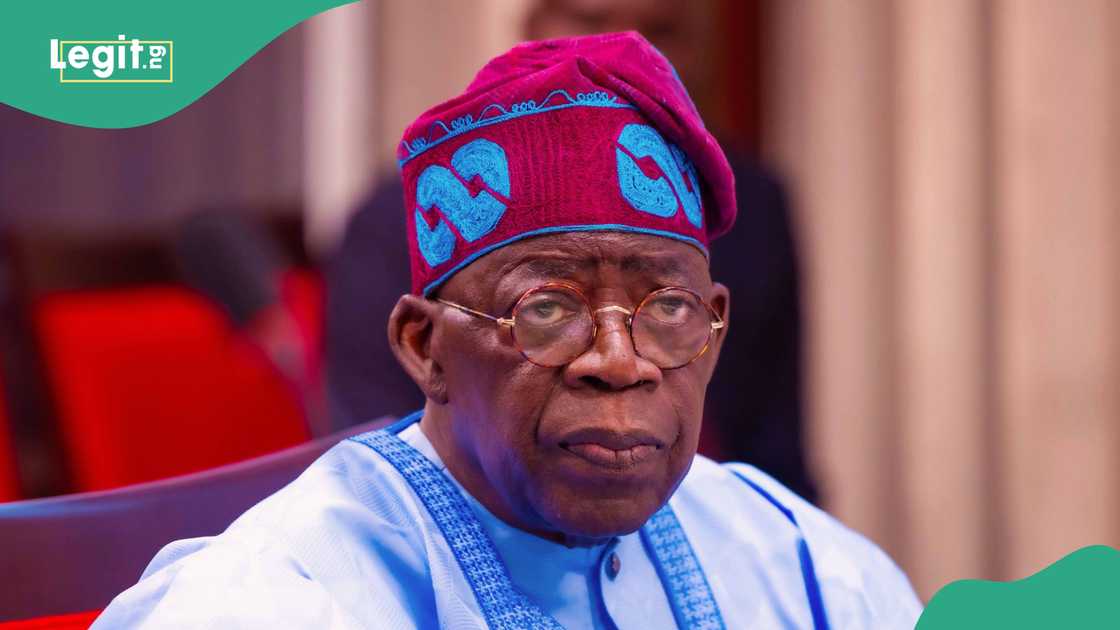
Source: UGC
Following the central bank's removal of the condition that foreign investors hold government bonds for a minimum of one year before exiting, Nigeria was included in JP Morgan's emerging government bond index in October 2012.
Nigeria's planned re-entry is a good indication to the market and investors since the JP Morgan Government Bond Index represents investor confidence and provides access to billions of dollars in investment flows.
“With all the reforms that have taken place, particularly around FX, we have started engaging JP Morgan again to get back into the index. We think we are eligible now,” the DMO DG said.
Tinubu govt seeks debt reduction from IMF, World Bank
Legit.ng reported that the federal government has revealed plans to engage international financial institutions to secure debt relief, as nearly half of Nigeria’s total external debt is owed to the World Bank, the IMF and other bilateral lenders.
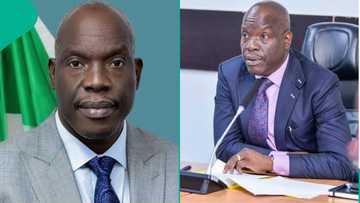
Read also
Oil block licensing: Anti-corruption group reacts to allegations against NUPRC boss Gbenga Komolafe
Wale Edun, finance minister, is leading a delegation to Washington, D.C. for the Spring Meetings of the International Monetary Fund (IMF), World Bank, and International Finance Corporation (IFC) to discuss possible terms for debt reduction.
The team is also expected to participate in high-level discussions on climate finance, energy transition, and debt restructuring.
PAY ATTENTION: Сheck out news that is picked exactly for YOU ➡️ find the “Recommended for you” block on the home page and enjoy!
Source: Legit.ng


